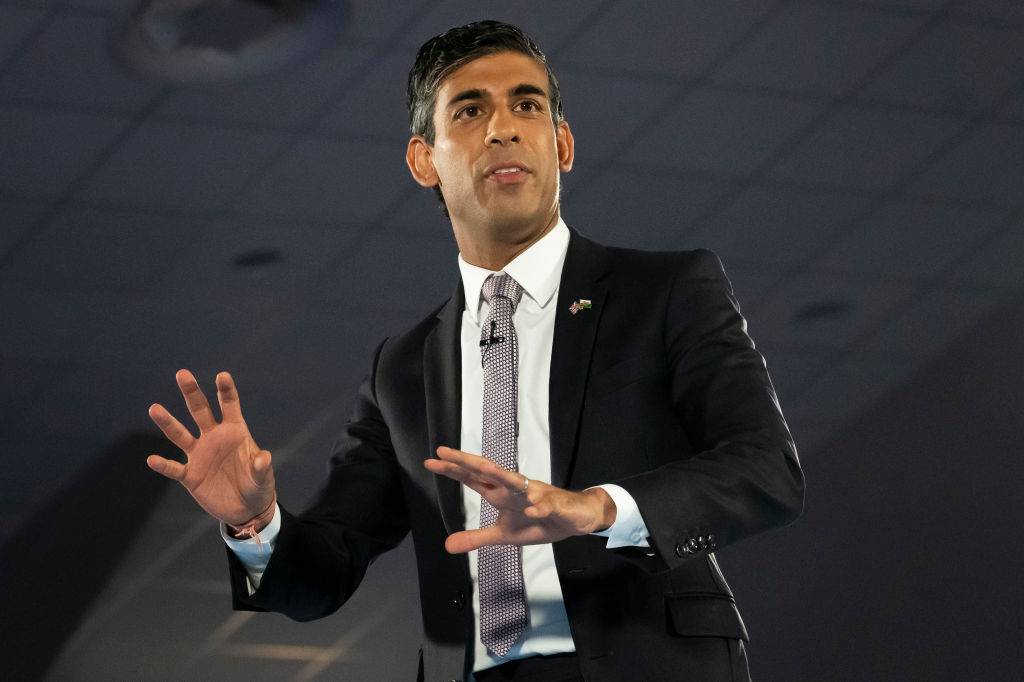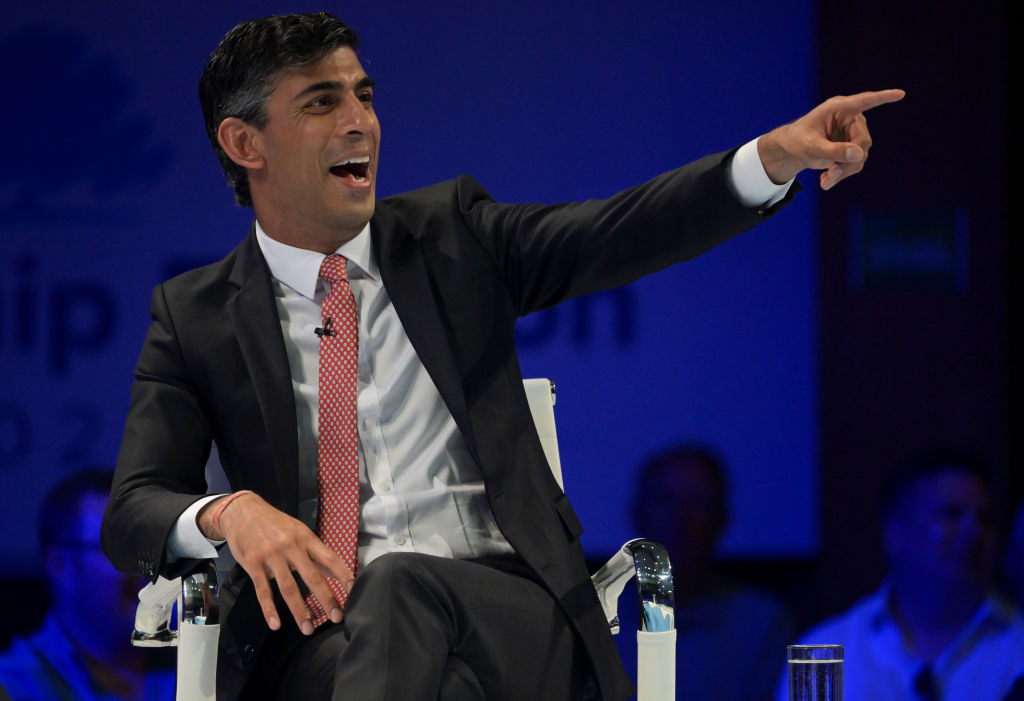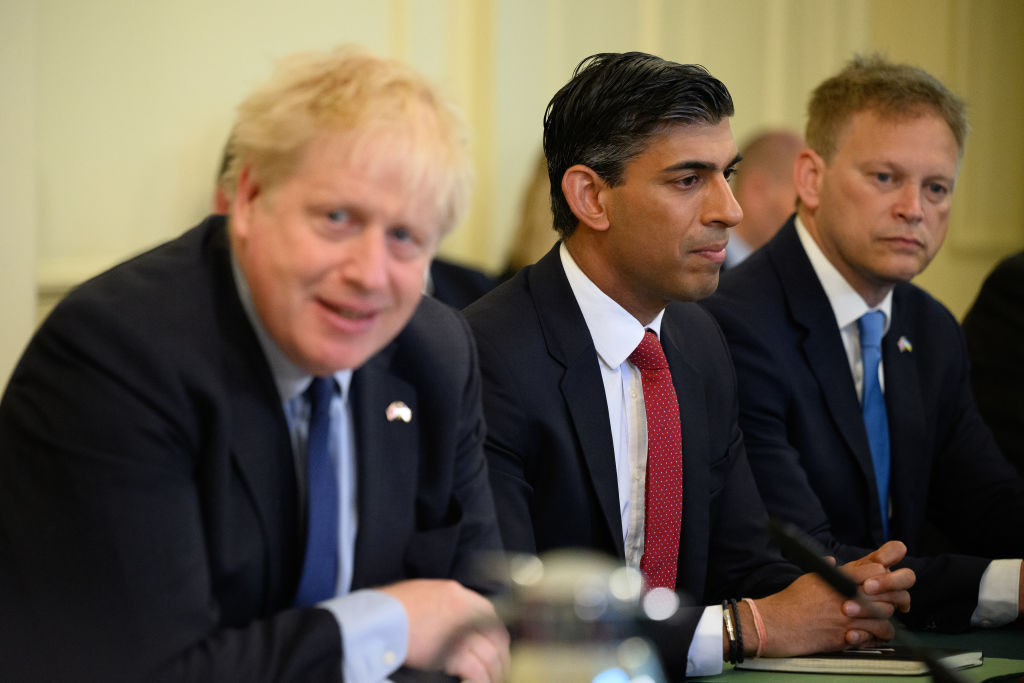- Saturday, July 27, 2024

By: Prof. Dr. Prem Lal Joshi
Much is being expected from Rishi Sunak, who recently made history by becoming the first prime minister of the UK of Indian descent. The 42-year-old Conservative politician’s achievements are being widely appreciated and the country is desperately hoping that the man is the answer to its leadership crisis. However, Sunak’s crown will not be without the thorns, due to the ongoing Ukraine war which has created several economic challenges for the UK leading to political instability.
The UK has seen as many as three prime ministers over the last few months and now the Conservatives as well as the country is expecting some definite measures to overcome the crisis.
The UK is currently experiencing a severe economic downturn.
Covid-19 is still having an effect, and the pace of recovery is quite gradual.
High levels of inflation; rising energy costs; soaring living costs; start of a severe recession; increased interest rates from 0.25 per cent in 2021 to 2.25 per cent in 2022; rising external debts; projection of a very low economic growth rate of 0.03 per cent for 2023; and nuclear threats from the Russia-Ukraine conflict are just a few of the problems the new prime minister is faced with.
It appeared that this was the Conservative Party’s last opportunity to choose a prime minister who might bring about some sort of stability because Sunak had previously served as the finance minister in the government of former prime minister Boris Johnson.

Sunak, who attended reputed schools and went to Oxford and received a Fulbright Scholarship from Stanford University where he obtained his MBA, is a former investment banker. The combined fortune of Sunak and his wife Akshata Murty, daughter of Indian billionaire and Infosys founder Narayana Murthy, is more than that of the UK’s monarch.
The man, who became the prime minister just eight years after winning his first parliamentary election, has a freer hand to take calls on the UK’s economic challenges. Also, the financial markets’ favourable response to his choice means that creating that all-important economic strategy will be a bit simpler now.
Politically, Sunak takes charge at a time when the Tories are trying to overcome infighting that has been going on for months. His immediate predecessor Liz Truss survived around 50 days, suggesting how steep the political challenges have become. Sunak thus has the twin tasks of finding solutions to both economic and political questions.
Sunak’s background as a man of Indian origin may be beneficial for the UK’s ties with India. It is anticipated that his foreign policy will take into account the interests of both the UK and India in order to promote the economic well-being of both nations.
In order to provide Indian businesses with easy access, Sunak stated he would like to redefine the UK-India relationship to be more of a two-way trade.

Furthermore, given that he is from a family of immigrants (his parents are of Indian Punjabi descent), he is unlikely to deny young children the opportunity for a quality education, in the opinion of many experts.
He might therefore be seeking to boost both India’s student mobility as well as vice versa. PM Sunak may promote more information and idea exchange between institutions and facilitate the two-way travel of students, instructors, and researchers from India and the UK, it is hoped.
Both the nations have plenty of opportunities to grow goods to sell and conduct business in India. The foreign direct investment (FDI) may rise as India provides the UK with excellent opportunities to conduct business and work with the ‘Make in India’ campaign, particularly in the defence sector. India provides a sizable market for products made in the UK.
In the field of financial services, there is a huge potential for cooperation between the two nations. The UK, which has a robust insurance industry, can aid India in the area.
There is a good chance that trade restrictions between the two nations will be lowered. Increased import and export flows; higher investment flows; and raised productivity are all potential effects of a free trade agreement (FTA) between India and the UK on economic growth and prosperity. Through the FTA, the UK is set to gain access to India’s markets for fruits and vegetables; chemicals; automobiles and parts; electronics; medical equipment; transportation equipment; etc.
To bring the UK’s economic progress back on track, Sunak must first deal with the terrible economy that he inherited. He faces a real challenge in this situation, one for which he will be closely watched. To tackle the mounting political and economic challenges, he also needs to keep his party united.
The prime minister is likely to play his cards cautiously as he must first protect the UK’s interests. It is expected that his government may prefer to adopt soft policies towards India as they are aware that under the leadership of prime minister Narendra Modi, India is a growing economic and military power in the world.
The author is a former professor of Accounting and is currently the editor-in-chief of International Journal of Auditing and Accounting Studies. The views expressed in this write up are those of the author’s own and they do not reflect the views of any other individual or institution. He is thankful to Prof Tariq H Ismail, Egypt, and Vikrant Joshi, Australia, for their support and encouragement.